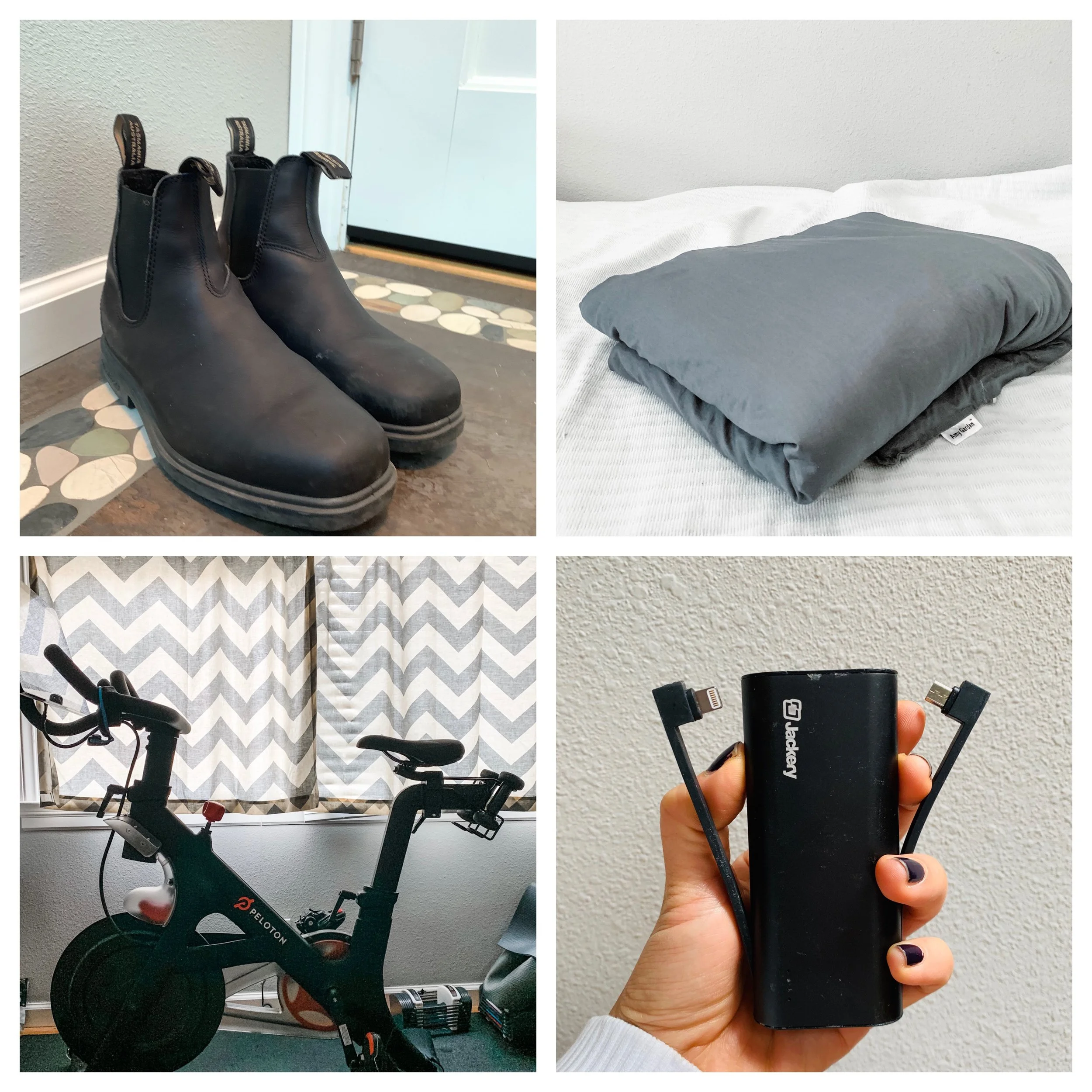How we keep our kids at the dinner table
It’s been awhile since I’ve been able to get through the backlog of content I want to write for this blog, but this one has been particularly relevant to us. Our 4 yo son, Thomson, used to have trouble sitting and staying at the dinner table during meal times. For the longest time, I would just get mad and try to enforce him to sit dinner through using “if you don’t… then…” consequences. It worked somewhat, but it was a painful experience for all. If he sat at the table, he insisted on bringing toys to the table to play with. Then it hit me - he was bored. This helped me flip the problem on its head. Also known as the reframe.
Instead of asking “How do we stop him from leaving the dinner table?” ,
we asked “How do we keep him at the dinner table?
When you choose to look at a problem differently, the solutions change. I started by going broad and experimenting with a few ideas but ultimately quickly narrowed on one idea - entertaining conversation. As long as engaged beyond the “How was your day?”, the kids didn’t even want to leave the dinner table! Here are some prompts for what our kids love talking about. Eventually, when I have energy, I might even make them into method cards (the ultimate silicon valley thing to do, of course).
1. What’s your high point and low point of the day?
Kids actually struggle with “How was your day?” because of how open-ended the question is. Help them quickly narrow in on an altitude that works for them to answer. This specific question is also great because it creates a safe place for kids to talk about uncomfortable things that may have happened to them at school. In was because of this question, that we were able to find out that a certain boy in my 6yo’s class was exhibiting abnormal behavior to his female classmates. We learnt this trick from Kid Power Safety training and highly recommended it as an opener to every dinner.
2. What is something you’re thankful for?
This is not a question we ask everyday but something we strive for every month at least. We have a “thankfulness jar” that we fill up with notes to help us remember. It’s a great gift during thanksgiving to be able to re-read all the wonderful things in our lives to be grateful. If you have friends over for dinner, invite them to participate in the thanksgiving jar as well!
3. What words have double/triple meanings?
I dont know if it’s the age of my kids or what, but they are sooo tickled by the concept of puns or “double meaning”. If we play the pun game, each person takes turns thinking of words that have double meanings. What is most entertaining for us, is hearing kids describe the meaning of words.
“Craft” os like if you make something but “craft” also can describe cheese!
4. Let’s make our own punny jokes!
A couple of years ago, the kids came home from their preschool sooo tickled by a joke they heard at school about a banana…
“Why did the banana go to the doctor?”
“Because it wasn’t peeling well!!!”
That gave me the idea that we could take puns to the next level and make our own jokes at home. We recently completed a unicorn jokes series and might I say - it is hilarious! The pro tip I would have is start with an animal and generate as many words as you can that originate from the animals name and then try to reverse engineer a joke around it. For example, here are some words that can be formed from “Unicorn” - uniform, united, unibrow… With those new words you can easily come up with the question. In this case, our favorite is
“What do unicorns like to wear?”
Uniforms!
5. The Quiz
Ask anything, literally anything. You don’t even need to know the answer, the point is to just ask. Kids will let their imagination run wild while trying to answer the question, You can use Alexa to help answer these or look up the answers later. Soon, the kids will start coming up with their own questions and that’s when it gets really fun!
“What’s the largest animal in the world?” “What about in the water? (PS The second largest sea mammal is the colossal squid!)” “How tall is the tallest man in the world?“ “Which fruit has the largest seed?” “Which country has the most people?” “What do pigs eat?”
6. Movie/TV/Book trivia
This is a take on the quiz, but focused on content they have watched or read. Ask them specific questions about what they’ve seen and read to test their memory and engagement.
“Which movie(s) featured a rhinoceros?”
“What did you learn about Judy Hopps in Zootopia?”
“Is Gru good or bad? Why?”
“Which movie is this song from?” (Sing a line or two of the lyrics)
7. Down memory lane
This is another hilarious favorite in our household. We tell them about what it was like when we were kids. Imagine talking through technology shifts like the payphone, fax machine, cameras or even cultural shifts/norms. Emmy loved hearing about how I studied Chinese differently when I was her age. Pictures can really help jog your memory too. This is a great one for grandparents to be involved in.
8. Current events
On the flip side of this, is current events. Sometimes, I choose to tell stories about what is actually happening in the world so we can have discussions around it. Today, the topic of discussion might be around the first albino panda caught on camera in China. Maybe when they’re older we can discuss what safety looks like when we want to scale the highest mountain on earth.
9. How have we been kind to others? How have others been kind to us?
I always tell my kids when i drop them off at school that to me, the most important thing is that they BE KIND. This questions helps reinforce this as one of the family mantras we have. It’s #9 on the list, but in terms of importance - it is #2.
10. What if?
Role-playing is a great way for us to help kids think/talk through tough situations. Having this conversation at the dinner table really helps alleviate the pressure of a "sit down conversation”. For example, our 4yo has been coming home with some bite marks of late. We’ve been using dinner time to talk through scenarios for what he should do in different social situations. We know he is not completely innocent in those situations given intel from his teachers, but having the what-if conversation really helps him internalize and we can problem-solve together as a family.
So are our kids actually eating dinner?
Yes and no. We’ve figured out how to keep them engaged at the table but sometimes the conversation is soooo fun that they struggle to even eat. We sometimes do “eating breaks” and I recommend you do it at a cliffhanger part of the conversation so they really want to get back to it. Can’t win it all!



